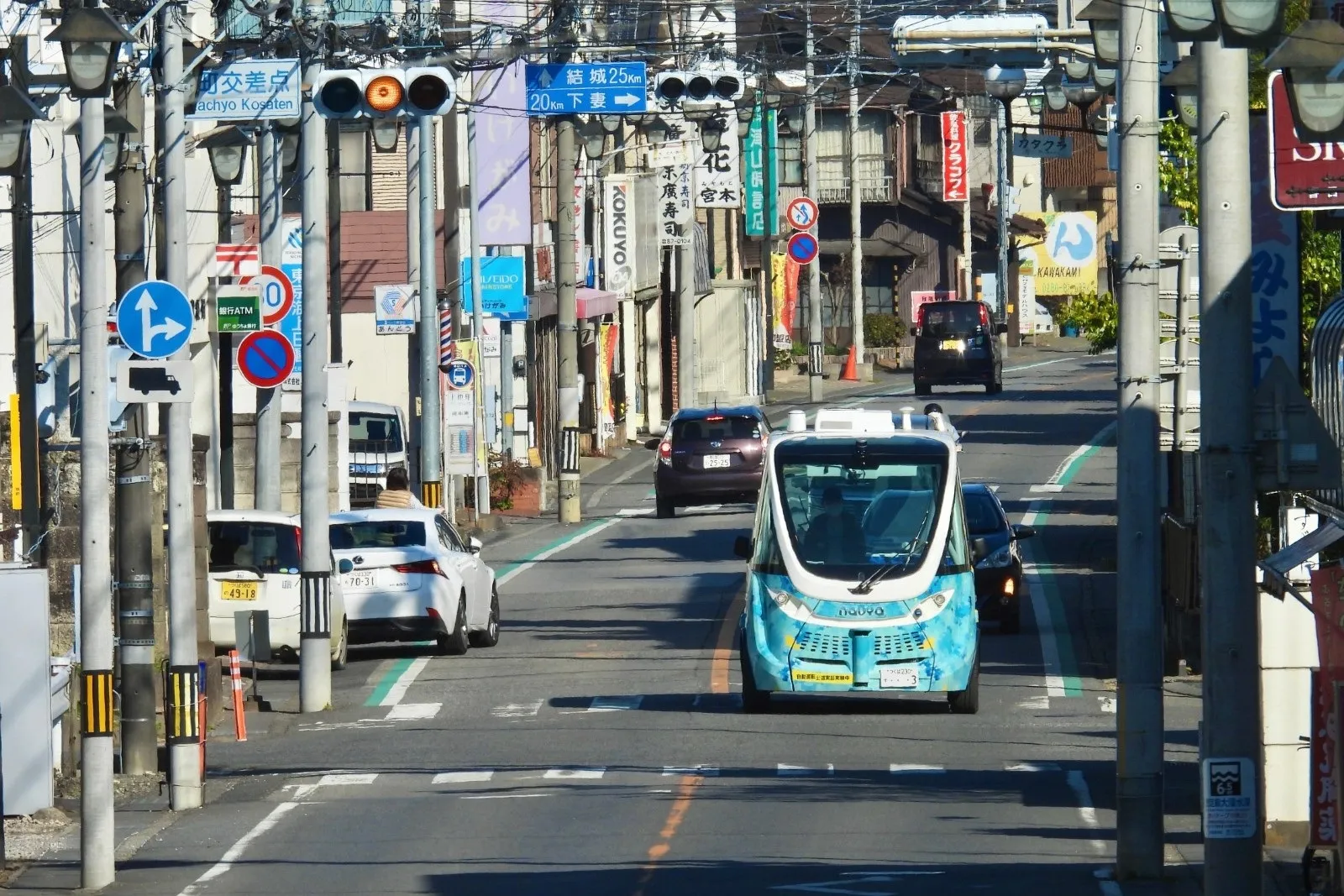EDF is an umbrella group representing 100 associations and some 80 million disabled people across the EU.
The Internal Market Committee (IMCO) amended and approved the rules, which would apply only to products and services placed on the EU market after the directive takes effect.
The proposed European Accessibility Act (EAA) would enable people with disabilities to benefit from more accessible products and services. The draft directive sets out accessibility requirements for a list including ATMs, ticketing and check-in machines, PCs and operating systems, phones and TV equipment, consumer banking services, e-books, transport and e-commerce. MEPs added other items to the list, such as all payment terminals, e-book readers and websites and mobile device-based services of audio-visual media.
EDF says the IMCO Committee has favoured business demands over the rights of people, including persons with disabilities, older people and all consumers. This fully contradicts all previous statements by the European Parliament on the Accessibility Act and in particular the European Parliament’s resolution of 7 July 2016. It claims the report is watering down the
The accessibility requirements would also cover the built environment where the service is provided, including transport infrastructure, such as train stations, “as regards to the construction of new infrastructure or renovations with a substantial change of the structure of the existing building”, where member states do not already have requirements in place, the committee decided.
EDF is now calling on the European Parliament to substantially amend the IMCO Committee’s report in the plenary and to promote a strong and ambitious Accessibility Act that will bring a real change in the lives of its citizens.
European Accessibility Act ‘favours business demands; says disabled group
The European Disability Forum (EDF) has reacted strongly to the recent EU vote which aims to make key products and services, like phones, e-book readers, operating systems and payment terminals, more accessible to people with disabilities, under new draft EU rules. EDF is an umbrella group representing 100 associations and some 80 million disabled people across the EU. The Internal Market Committee (IMCO) amended and approved the rules, which would apply only to products and services placed on the EU market
May 8, 2017
Read time: 2 mins
The European Disability Forum (EDF) has reacted strongly to the recent EU vote which aims to make key products and services, like phones, e-book readers, operating systems and payment terminals, more accessible to people with disabilities, under new draft EU rules.








